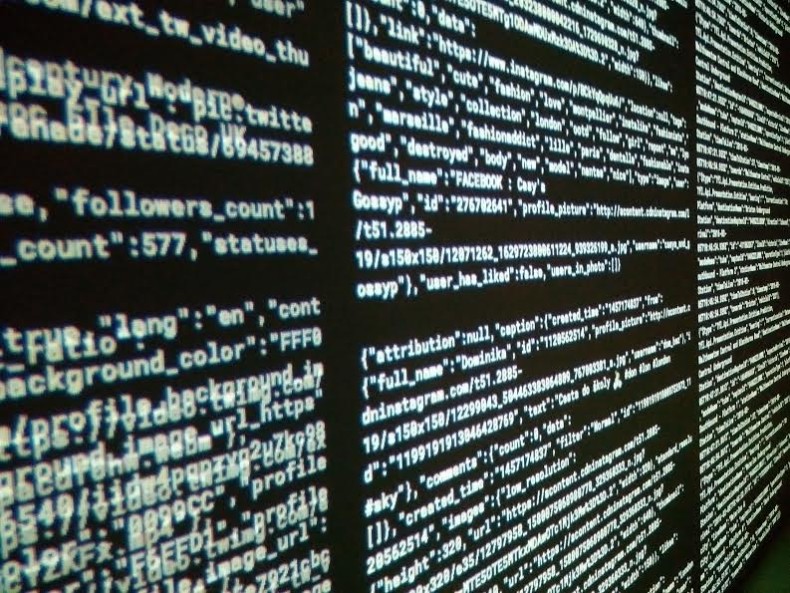Former GCHQ boss points out there is an alternative to the Snoopers’ Charter

I don’t think this is quite what he intended to do, but when Sir David Omand, the man formerly in charge of GCHQ, spoke out in defence of the impact of the proposed Snoopers’ Charter and of undermining end-to-end encryption a few days back, what he really did was highlight the sensible alternatives to it.
The key part is when he said:
Sir David, who was director of GCHQ from 1996-97, said: “One of the results of Snowden is that companies are now heavily encrypting [communications] end to end.
“Intelligence agencies are not going to give up trying to get the bad guys. They will have to get closer to the bad guys. I predict we will see more close access work.”
“Close access” means surveillance techniques that require physical proximity to the target. It could mean physical observation, bugging their room, or directly hacking into their mobile phones or computers.
Sir David said: “You can say that will be more targeted but in terms of intrusion into personal privacy – collateral intrusion into privacy – we are likely to end up in an ethically worse position than we were before.”
He’s both right and wrong.
He’s right that the alternative to insisting all tech companies insert a security loophole into their systems (i.e. abolish end-to-end encryption – and good luck trying to enforce that on every coder around the world) and to mass enforced collection of extra personal data by ISPs (i.e. the Snoopers’ Charter) is for the law enforcement authorities to zoom in on particular individuals with action such as bugging them.
But he’s wrong to think that’s somehow worse. Targeted, effective action against suspects is much better – and as he points out, the law enforcement authorities have the ability to do just that, with no Snoopers’ Charter and no magic wishing out of existence of the maths behind end-to-end encryption.
His argument really amounts to ‘yes, there are alternatives and no, we don’t need to spend lots of money on intruding on lots of innocent people’s civil liberties and undermining the security of the internet’.
Leave a Reply